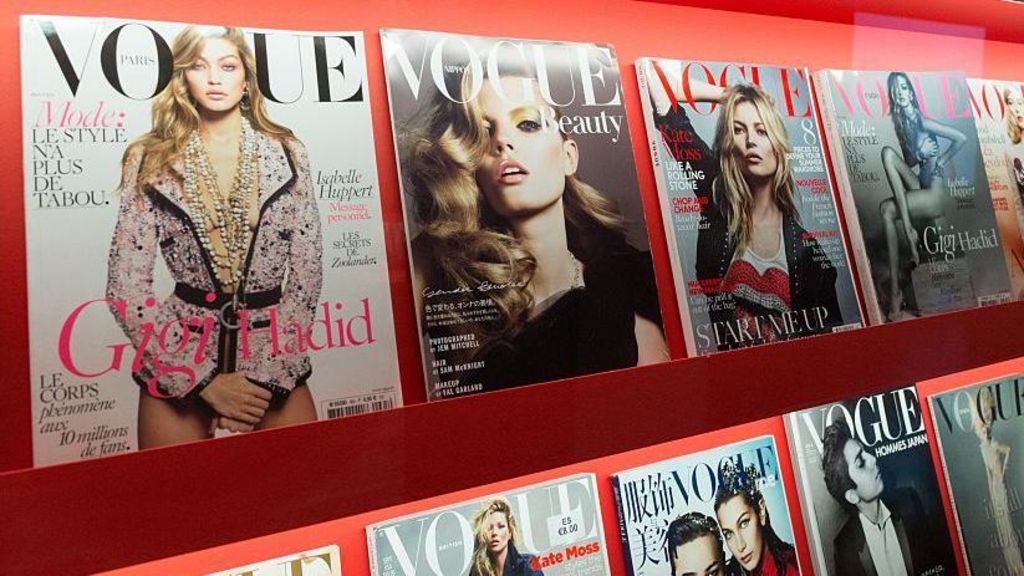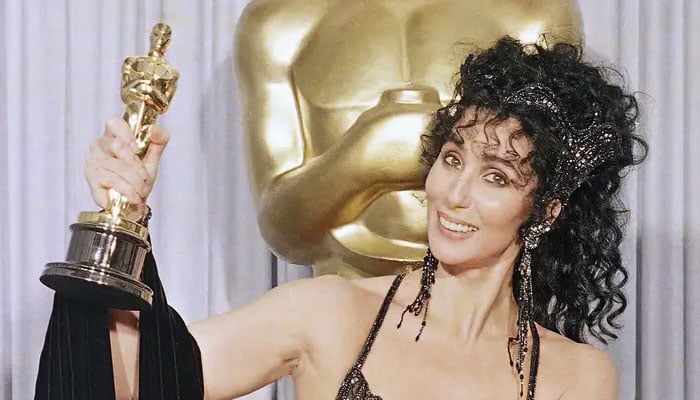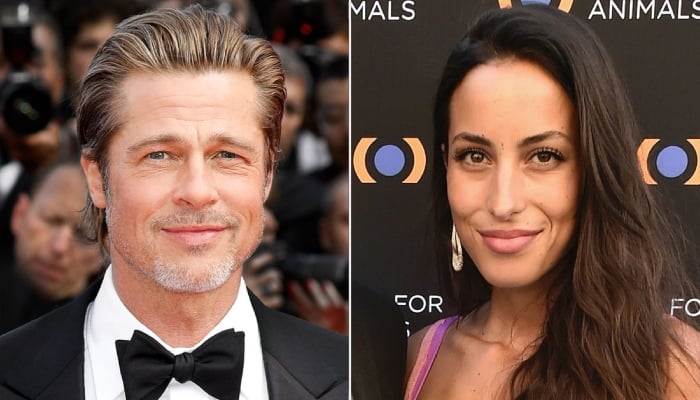
ChatGPT firm OpenAI strikes deal with Vogue owner

OpenAI and global magazine giant Condé Nast have announced a partnership to allow ChatGPT and its search engine SearchGPT to display content from Vogue, The New Yorker, GQ and other well known publications.
The multi-year deal is the latest such agreement struck by OpenAI with major media firms.
The content produced by media organisations is sought after by technology companies that use it to train their AI (Artificial Intelligence) models.
Some media firms including the New York Times and the Chicago Tribune have resisted this and taken legal action to protect their content.
OpenAI and Condé Nast did not disclose the financial terms of the agreement.
“We’re committed to working with Condé Nast and other news publishers to ensure that as AI plays a larger role in news discovery and delivery, it maintains accuracy, integrity, and respect for quality reporting,” said Brad Lightcap, OpenAI's chief operating officer.
News media organisations have seen their business models challenged by the rise of social media and other digital platforms.
"Our partnership with OpenAI begins to make up for some of that revenue, allowing us to continue to protect and invest in our journalism and creative endeavours," said Condé Nast's chief executive officer Roger Lynch.
OpenAI launched its prototype AI-powered search engine, SearchGPT, last month.
In a statement at the time, the company said it was gathering feedback and insights from its partners in the news industry to develop the new platform.
Others that have partnered with the AI firm include Time Magazine, the Financial Times and the Associated Press.
AI chatbot technology is seen by many analysts as a key part of internet search engines in the future.
Search engine giant Google has also been racing to add AI-powered tools to its products.
While other AI companies are pursuing search products, Google remains by far the dominant player, claiming more than 90% of the global market.
The changes to how search engines respond to queries - offering conversational paragraphs instead of directing users to links - have also raised alarm among news media firms, many of which rely on search traffic for audiences and revenue.
Last year, the BBC said it was taking steps to prevent content on its websites from being used by OpenAI and other firms without permission.
The blog post also said the BBC would explore opportunities offered by generative AI "to deliver more value to our audiences and to society."











